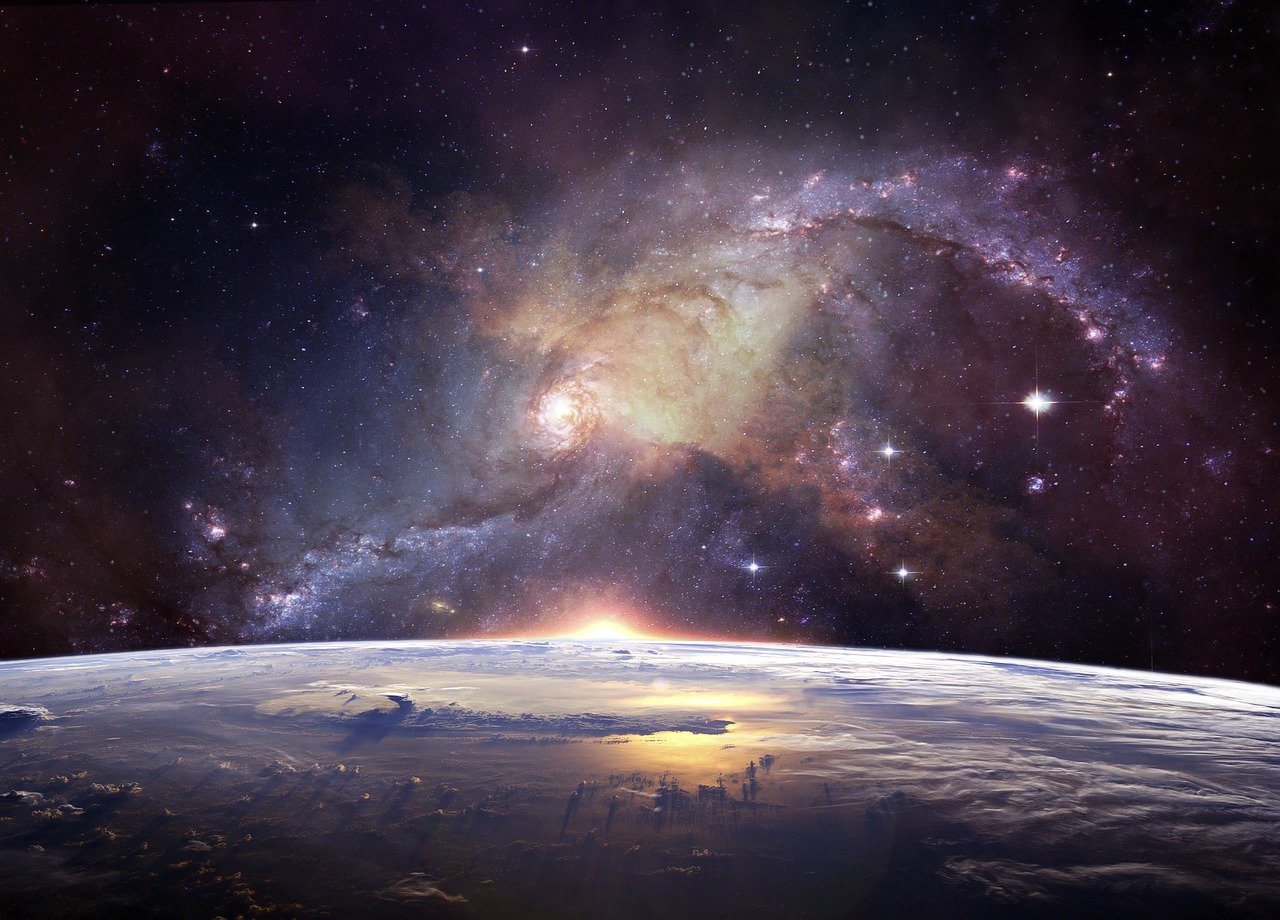Space is astonishment. The sheer enormity of it and the trillions upon trillions of things scattered throughout the many billion galaxies of the cosmos are nearly unfathomable to the human brain, which has only a limited capacity to comprehend. What comes to mind when you gaze up at the sky and see the stars? That we may not be alone in this? What do you think of the immensity of it all? There is a lot to be curious about when it comes to space. The truth of the matter is that we do not have all of the solutions. We’re aware that it’s big and lovely, but we’re not sure how vast it truly is Some of the things we do know, on the other hand, are mind-boggling. We’ve compiled some of the most astounding facts about space so that the next time you gaze up at the night sky, you’ll be even more amazed by what you’re seeing.
The Earth is not around.
The Earth is not a sphere. For that matter, it is not in the form of any regular solid such as a rectangle, a pyramid, a cube, or any other familiar solid shape. While it seems to be spherical to us, this is just a preliminary impression of the condition. To be sure, the land surface of the planet’s solid body is a diverse landscape with everything from towering mountain ranges to deep ocean depths. However, even if those variances are disregarded, there are still additional possibilities
No sound can be heard in the space.
Sounds must travel via a medium to reach their destination. Given the absence of any atmosphere in the vacuum of space, the region between the stars will always remain deafeningly quiet.There is lots of noise on Earth (and most likely other planets), demonstrating that worlds with atmospheres and air pressure enable sound to travel.
In space, there is enough water and oxygen to go around.
Water is a fundamental need for life as we know it. Even though our planet is the only location in the solar system where vast bodies of water can be found, water is the most abundant component in the universe. Water molecules have been discovered in the clouds of outer space. A cache of water molecules in a small corner of the cosmos has just been found that holds 140 trillion times the quantity of water found in all of the world’s seas combined.
Nobody knows how many stars there are in the universe.
Because of the vastness of space, it isn’t easy to estimate with any accuracy how many stars there are in the universe. For the time being, physicists and astronomers can only count the number of stars in our galaxy, the Milky Way, which is now limited to a few billion
The Footprints on the Moon will remain there for a hundred million years after they have been removed.
Because the Moon lacks an atmosphere, there is no wind to degrade the surface and no water to wash away the imprints left by previous visitors. Consequently, it is expected that both human and spaceship footprints and rover footprints, and waste debris will remain on the surface of the planet for billions of years.

